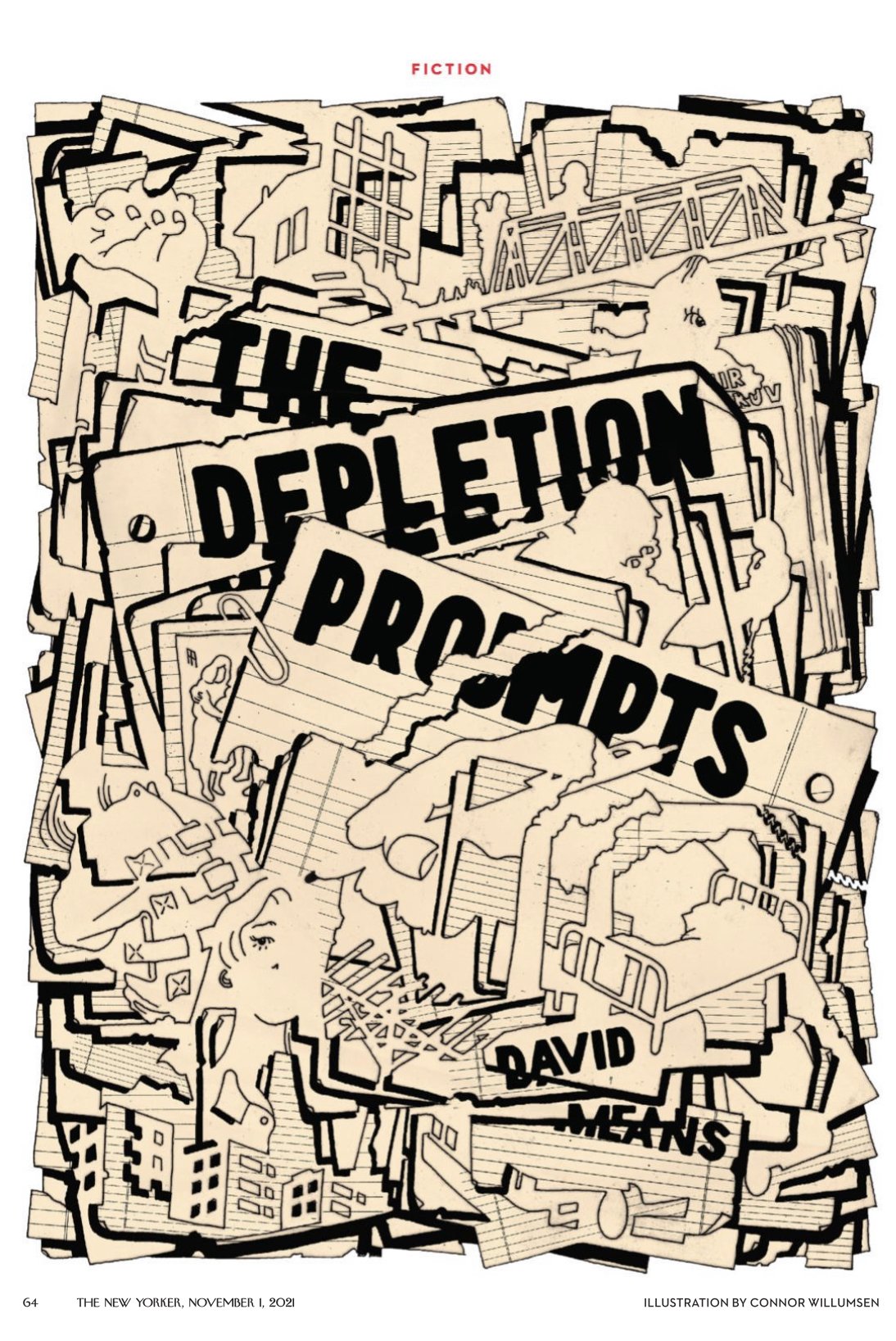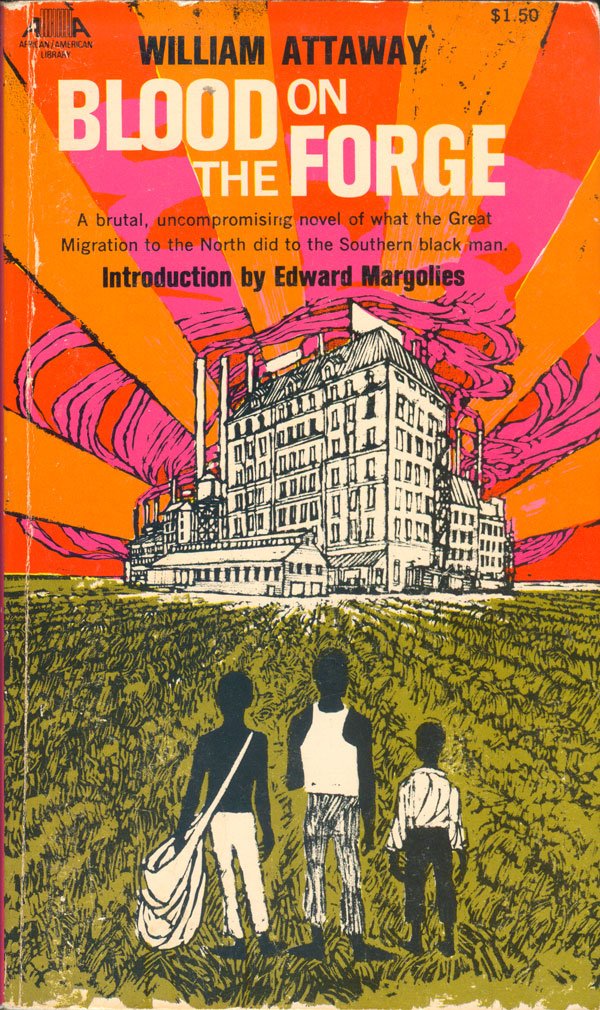Morning reading: Nabokov filled Pale Fire with references to frenemy Edmund Wilson
Adam learns Nabokov weaved a friend’s letters into Pale Fire.
I have just read Andrea Pitzer’s excellent book The Secret History of Vladimir Nabokov. As a Nabokov obsessive, I was surprised by everything I didn’t know and delighted to confirm a few things I’d picked up rereading the novels.
Nabokov had a long friendship with the writer and critic Edmund Wilson. They exchanged letters for decades. (There’s a good book of their correspondence.) But the friendship ended contentiously. All of that I knew. I didn’t know that my favorite Nabokov novel, Pale Fire, is filled with references to their friendship and letters.
Pitzer writes:
At the time of his arrival in Montreux, the record is not clear on whether [Edmund Wilson] had even read Pale Fire, because he never weighed in on it. If he did not, it is a literary tragedy. Nabokov had threaded their shared language and arguments through his mad Zemblan tale as if creating a special dialogue that Wilson alone might understand.
A key discussion of shaving, A. E. Housman, and literary inspiration in Pale Fire plays directly off portions of Wilson's The Triple Thinkers, which Nabokov had read and critiqued. Wilson had suggested elsewhere that T. S. Eliot's verses stick in one's head; Nabokov replied to Wilson that they did not lodge in his—and so Pale Fire delivers a girl struggling with Eliot's most obscure words (grimpen, semipiternal). The lunatic Kinbote is seen by students in the book as "constantly quoting Housman," whom Nabokov admired but Wilson had criticized as sterile.
Pale Fire includes reversed words (spider, redips) taken from one of Wilson's poems, "The Pickerel Pond," which also makes a passing leference to Nova Zembla. After reading that poem, Nabokov had sent Wilson several examples of his own in a similar rhyme scheme—including red wop and powder, T.S. Eliot and toilest—each of which
Nabokov borrowed back and folded, with spider and redips, into the pages of Pale Fire.
[…] Nabokov had privately folded their literary exchanges into Pale Fire, as if baiting Wilson to pay attention, to do the very historical approach favored by him. But Wilson never bit.
Now I’m off to dig out my old letters from Ted.
There will be more about Pale Fire on the podcast. Ted, Ryan, and I are reading it to discuss on episode 140.
P.S. I only use “frenemy” in the headline because I feel like it would have bothered Wilson. And Nabokov may not have minded.


